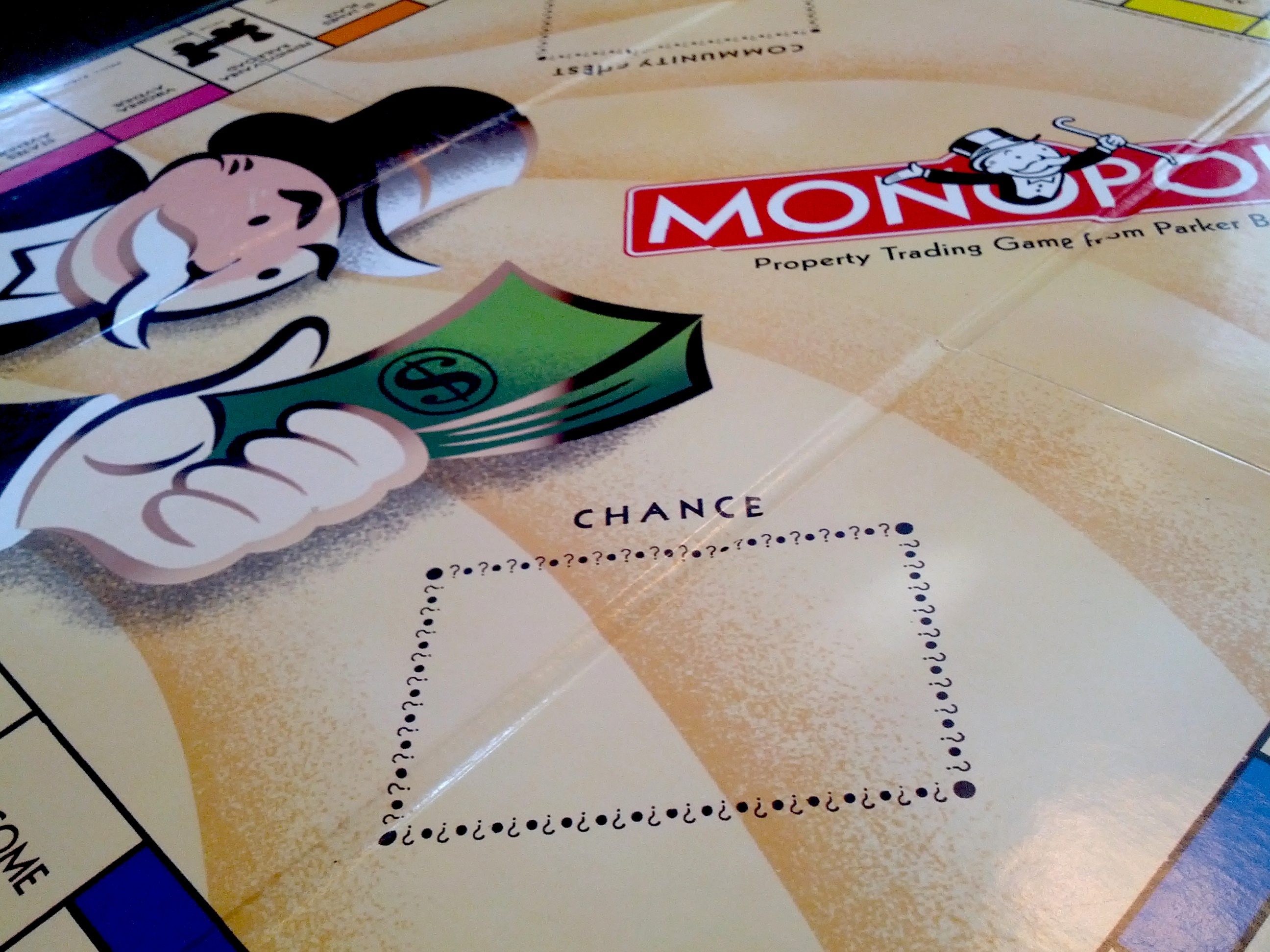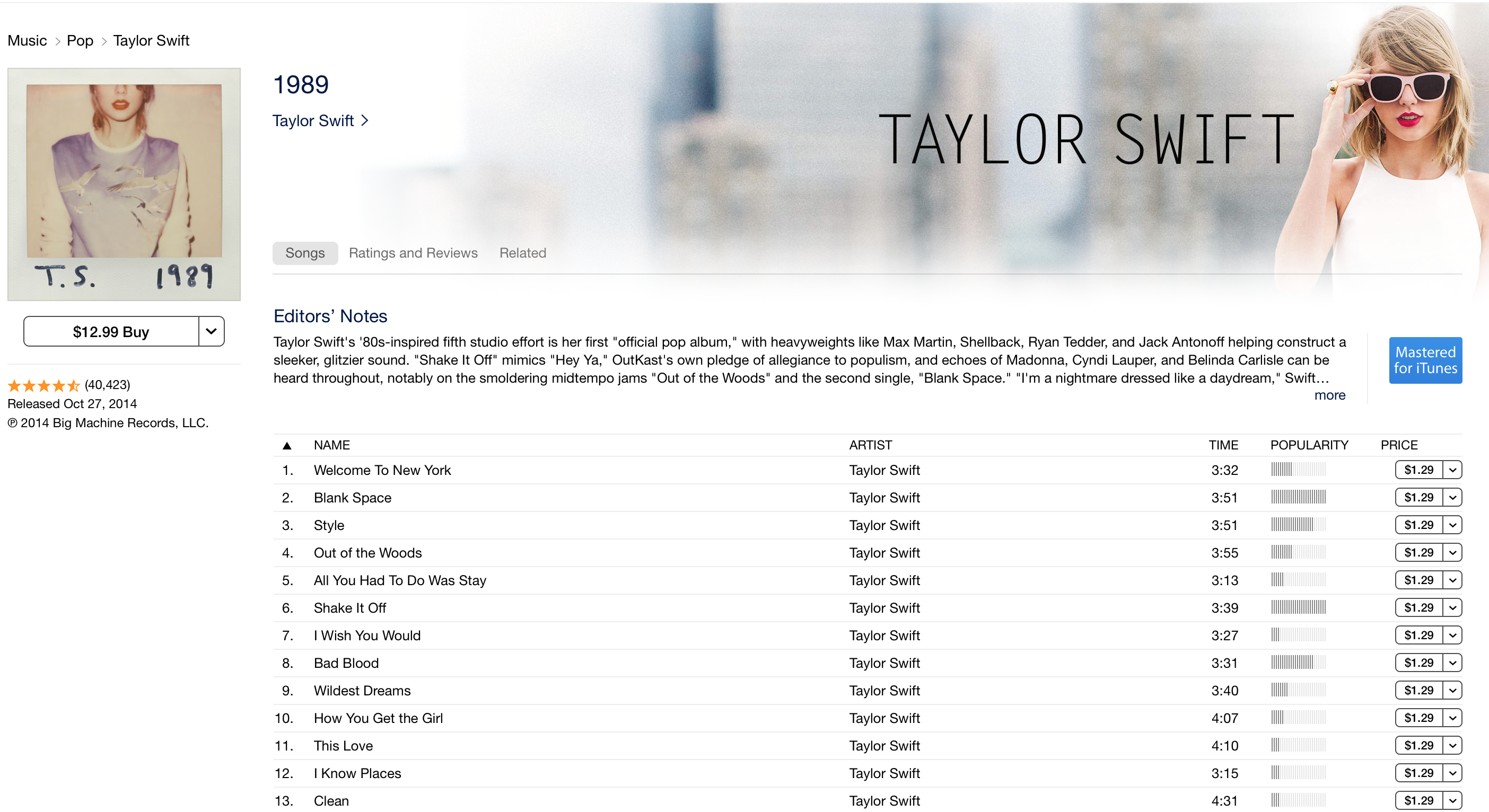The next several chapters of my ebook Responsible Reporting: Field Guide for Bloggers, Journalists, and Other Online News Gatherers are among the most important for reporting responsibly, ethically, and without conflicts of interest. The themes are recurrent on my website, and any regular readers should immediately recognize them.
Today’s installment explains the importance of audience trust, and builds from previous chapters, particularly I and II from the same section. But to best follow the logical flow, you should start at the beginning: Foreward; Section 1, Chapters I and II, III and IV, V and VI; Section 2, Chapters I, II, III, IV, and V.











